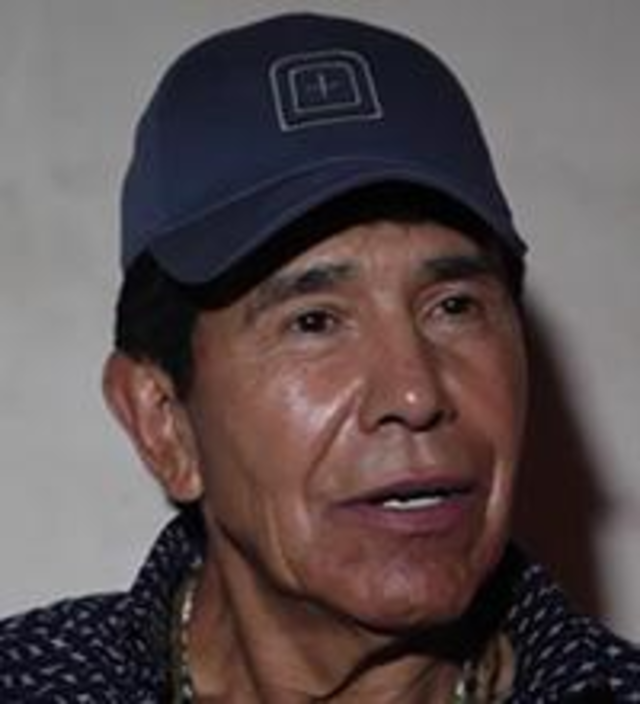Rafael Caro Quintero, the notorious Mexican drug lord convicted of orchestrating the 1985 murder of a U.S. Drug Enforcement Administration agent, was extradited to the United States on Thursday alongside 28 other cartel members. The high-profile transfer, among the largest in recent history, comes as Mexico seeks to defuse tensions with President Donald Trump, who has threatened to impose steep tariffs on Mexican imports over concerns about drug trafficking.
Caro Quintero, founder of the now-defunct Guadalajara Cartel and a longtime fugitive, is set to be arraigned Friday in a U.S. federal court in New York on drug trafficking charges. He was convicted in Mexico of planning the abduction, torture, and killing of DEA Special Agent Enrique "Kiki" Camarena, whose death was dramatized in the Netflix series Narcos: Mexico.
The 71-year-old drug lord has denied involvement in the killing, though U.S. officials contend Camarena was targeted in retaliation for a 1984 DEA-assisted raid that uncovered a massive marijuana farm operated by the cartel. Caro Quintero is also suspected of ordering the murders of two American civilians-writer John Clay Walker and tourist Alberto Radelat-who inadvertently entered a private gathering of cartel members at a Guadalajara restaurant.
After his 1985 conviction, Caro Quintero served 28 years of a 40-year sentence before a Mexican court controversially ordered his release in 2013, citing procedural errors in his trial. The ruling was later overturned, but by then, he had gone into hiding. He spent nearly a decade as one of the FBI's most-wanted fugitives, resuming a leadership role in the powerful Sinaloa Cartel, which had emerged from the remnants of his former organization.
In July 2022, Mexican Navy forces recaptured Caro Quintero in the mountains of Sinaloa following a lengthy manhunt. The operation, which relied on intelligence gathered by a Navy search dog, ended in tragedy when a Black Hawk helicopter carrying 14 Mexican Marines crashed under unclear circumstances.
The U.S. Department of Justice said the 28 other cartel members extradited alongside Caro Quintero include high-ranking figures from criminal organizations such as the Sinaloa Cartel, Cártel de Jalisco Nueva Generación (CJNG), Los Zetas, and the Gulf Cartel. Among them are Antonio Oseguera Cervantes, a suspected CJNG leader, and Ramiro Perez Moreno and Lucio Hernandez Lechuga, both alleged senior members of Los Zetas.
"These defendants are collectively alleged to have been responsible for the importation into the United States of massive quantities of poison, including cocaine, methamphetamine, fentanyl, and heroin, as well as associated acts of violence," the DOJ said in a statement.
DEA Acting Administrator Derek S. Maltz described Caro Quintero's extradition as deeply significant for law enforcement. "This moment is extremely personal for the men and women of DEA who believe Caro Quintero is responsible for the brutal torture and murder of DEA Special Agent Enrique 'Kiki' Camarena," Maltz said. "Today sends a message to every cartel leader, every trafficker, every criminal poisoning our communities: You will be held accountable. No matter how long it takes, no matter how far you run, justice will find you."
Attorney General Pam Bondi emphasized the broader implications of the extraditions. "As President Trump has made clear, cartels are terrorist groups, and this Department of Justice is devoted to destroying cartels and transnational gangs," she said.
U.S. officials have framed the large-scale extradition as evidence of strengthened cooperation between Washington and Mexico City. Acting Deputy Attorney General Emil Bove credited the White House's tough stance in negotiations, stating, These extraditions were "a consequence of a White House that negotiates from a position of strength, and an Attorney General who is willing to lead the Department with courage and ferocity."





